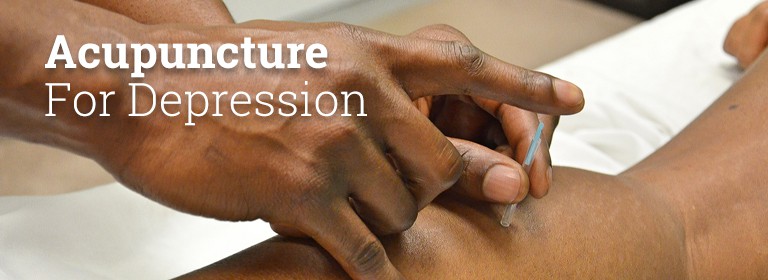The benefits of acupuncture has steadily grown great rapport amongst general practitioners for a number of ailments and can be prescribed for certain illnesses on the NHS such as chronic pain, joint pain, migranes and other pain related illnesses but treatment availability is limited this way and not available as an NHS treatment for depression or anxiety, although their is some evidence to suggest that people do have success with acupuncture for these mental health conditions. In this page, we will try to help you understand the therapy and what to expect when visiting such a specialist before you start looking for a local practitioner.
What is Acupuncture?
Acupuncture is a treatment derived from ancient Chinese medicine. Fine needles are inserted at certain sites in the body for therapeutic or preventative purposes.
Medical Acupuncture is the use of acupuncture following a medical diagnosis, your therapist will stimulate sensory nerves under the skin and in the muscles of the body. The resulting effect of this is the body natural producing pain-relieving endorphins, or some people know this as ‘the happy hormone’, something that is lacking when someone is suffering from depression so already, you can see the benefits of acupuncture for sufferers of depression.
Of course, acupuncture has good evidence to prove that course of acupuncture can create long-lasting pain relief rather than through just a single treatment.
The ancient practice of acupuncture is based on the belief that an energy flows through our bodies called Qi (pronounced “chee”). As it flows through our body there channels called meridians of which, science is now identifying as being correctly placed in relation to acupuncture charts ( see video above for more information).
Practitioners believe that when Qi doesn’t flow freely through the body, this can lead to illness and that acupuncture can restore the flow of Qi, and so, in turn, restore a person to full health.
For more information about acupuncture, you can visit British Acupuncture Council
What to Expect From Acupuncture
An initial acupuncture session usually lasts 20-40 minutes and involves an assessment of your general health, medical history, and a physical examination, followed by insertion of the acupuncture needles.
The needles are inserted into specific places on the body, which practitioners call acupuncture points. During the session, you’ll usually be asked to sit or lie down. You may also be asked to remove some clothes so the practitioner can access certain parts of your body. Don’t worry too much about the needles, they are very fine and are usually a few centimetres long and are single-use, pre-sterilised needles that are disposed of immediately after use.
Depending upon your condition, an acupuncture practitioner will choose specific points to place the needles. Up to 12 points may be used during a typical session, sometimes more depending on the number of symptoms you have. The needles may be inserted just under the skin, or deeper so they reach muscle tissue. Once the needles are in place, they may be left in position for a length of time lasting from a few minutes up to around 30 minutes.
Does the needles hurt?
You may feel a tingling or a dull ache when the needles are inserted but shouldn’t experience any significant pain. If you do, let your practitioner know straight away.
How Can Acupuncture Help Ease My Anxiety?
How Much Does A Typical Acupuncture Session Cost?
There is no fixed fee as practitioners’ overheads vary around the country. There are options to suit all budgets, from one-to-one consultations to multibed clinics. Most insurance companies also cover the cost of treatments with BAcC registered acupuncturists.
The best thing you can do is to make a few inquiries of local acupuncture therapists in your area (using our directory or searching via any well-known search engine ) and gaining a few quotes before deciding upon your chosen therapist.
How Long Does It Take To Heal Depression With Acupuncture?
Courses of treatment often involve up to 10 separate sessions, but this can vary depending on your circumstance, even so, a specialist will be able to advise you and together, you can make a plan for a course of treatment.
What If Acupuncture Doesn’t Work For Me?
First of all, don’t worry!
If you think acupuncture is the right therapy but you have the wrong therapist then you have every right to seek a second opinion and you will not offend your therapist.
A good therapist just wants you to heal from your difficulty as best you can and you deserve to feel better. If, on the other hand, you don’t feel acupuncture is working at all then do not be disheartened, there are many, many different types of therapy to heal from depression and acupuncture is all but one. Use our therapy directory to find a different therapy, you may find counselling works better or possibly some holistic treatment. The key is not to think this is your only option as there is always other ways.
Benefits of Hypnotherapy For Depression
Search Acupuncturists registered in our database
Please note: This information should not replace professional medical advice, it is purely for informational purposes. At all times when you are in crisis please first seek help from your GP or another medical professional. Thankyou

